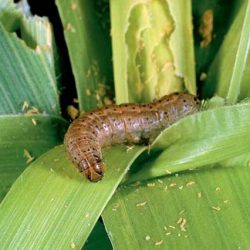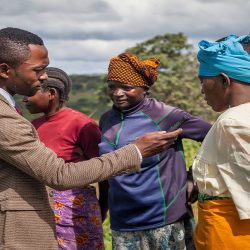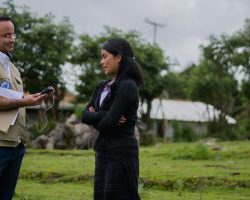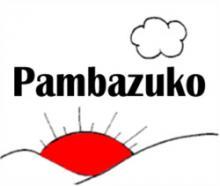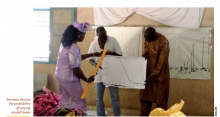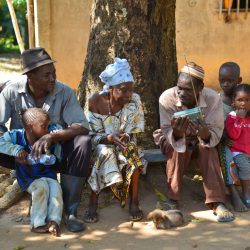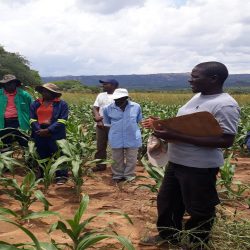Fall armyworm programming on Kitara FM in Uganda
Listen to Kitara FM’s Fall armyworm programming: https://dev.uliza.fm/podcast/project/56 Over the course of eight weeks between August and October 2018, Kitara FM in Uganda aired radio programs about Fall armyworm. The programs were designed to help farmers understand how to identify and control this invasive pest. The farmer program, Eliso Lyomulimi (Farmers’ Eye), also connected with local farmer groups, supported by the FAO’s Farmer Field School program. Learn more about the impact of

